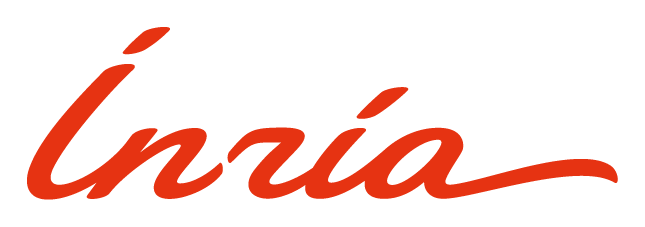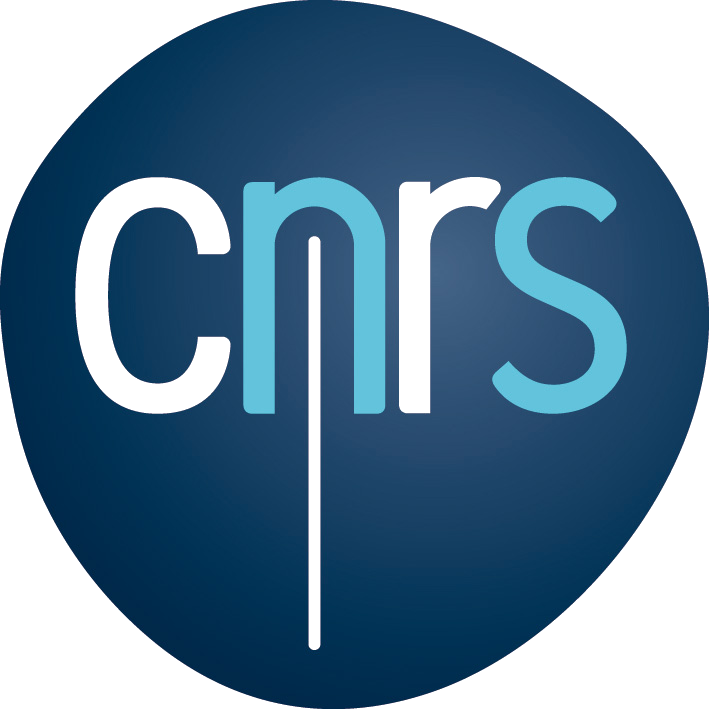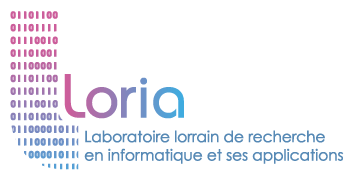1 – Language Learning
Learning a second language, or acquiring the native language for people suffering from language disorders, is a challenge for the learner and represents a significant cognitive load. Many scientific activities have therefore been devoted to these issues, both from the point of view of production and perception. We aim to show the learner (native or second language) how to articulate the sounds of the target language by illustrating articulation with a talking head augmented by the vocal tract which allows animating the articulators of speech. Moreover, based on the analysis of the learner’s production, an automatic diagnosis can be envisaged. However, reliable diagnosis remains a challenge, which depends on the accuracy of speech recognition and prosodic analysis techniques. This is still an open question.
2 – Health Assistance
Speech technology can facilitate healthcare access to all patients and it provides an unprecedented opportunity to transform the healthcare industry. This includes speech disorders and hearing impairments. For instance, it is possible to use automatic techniques to diagnose disfluencies from an acoustic or an audiovisual signal, as in the case of stuttering. Speech enhancement and separation can enhance speech intelligibility for hearing aid wearers in complex acoustic environments, while articulatory feedback tools can be beneficial for articulatory rehabilitation of cochlear implant wearers. More generally, voice assistants are a valuable tool for senior or disabled people, especially for those who are unable to use other interfaces due to lack of hand dexterity, mobility, and/or good vision. Speech technologies can also facilitate communication between hospital staff and patients, and help emergency call operators triage the callers by quantifying their stress level and getting the maximum amount of information automatically thanks to a robust speech recognition system adapted to these extreme conditions.





